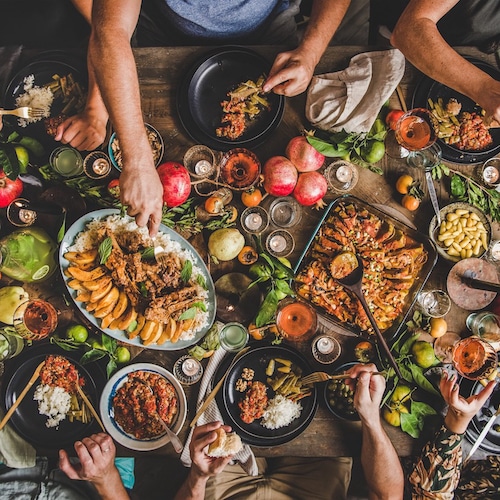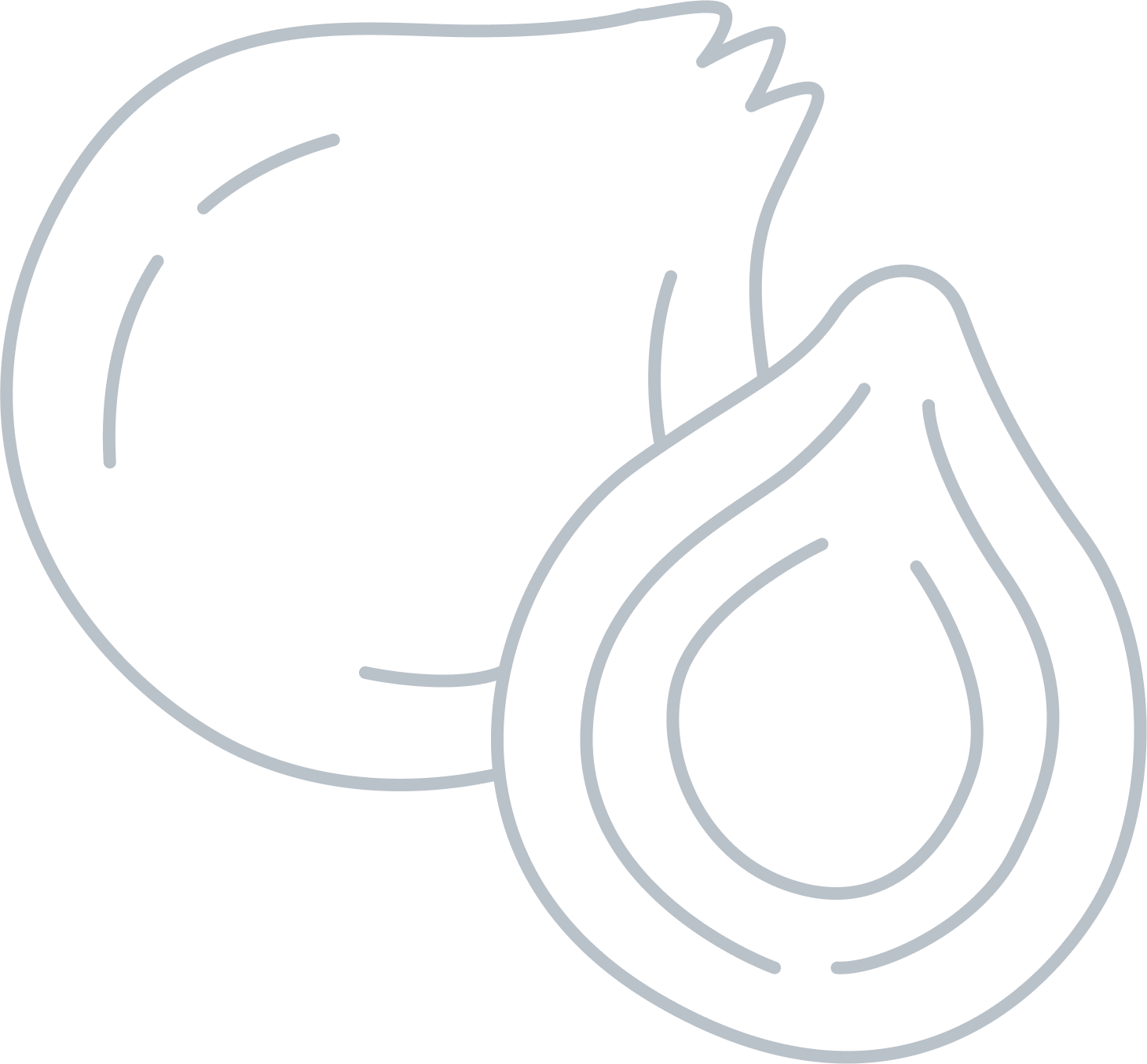


Reclaiming Joy: How to Embrace Flexibility in Your Anorexia Recovery Journey
Recovering from anorexia and other eating disorders is a journey that doesn’t end once the weight is restored or eating patterns are normalized. The later stages of recovery bring their own unique challenges, but with creativity, self-compassion, and practical strategies, you can navigate these obstacles and continue thriving. Here’s some relatable advice to help you on this path.
Embrace the Fear of Weight Gain with Small, Positive Rituals
It’s completely normal to feel anxious about weight gain during recovery. Instead of fighting this fear head-on, try reframing it by creating small, positive rituals that celebrate your body’s strength. For example, after each meal, take a moment to do something that makes you feel good—whether it’s a few minutes of meditation, listening to your favorite song, or journaling about what your body allows you to do today. These rituals can help shift your focus from fear to appreciation.
Make Food Fun Again: Rediscover Joy in Eating
Food doesn’t have to be a source of stress. Rediscovering the joy in eating can be a game-changer. Try exploring new recipes, experimenting with flavors, or even having a “theme night” where you cook a meal from a different cuisine. Invite friends or family to join you in the kitchen—it’s easier to rebuild a healthy relationship with food when it’s associated with positive, shared experiences. Also, don’t be afraid to indulge in foods that bring you happiness. Recovery is about balance, and there’s room for pleasure on your plate.
Create a “Flexible Food Choices Jar”
A creative and fun way to introduce flexibility into your eating routine is by making a “Flexible Food Choices Jar.” This jar is filled with various food options that encourage you to try different things and step out of your comfort zone. Every Saturday (or any day(s) that works for you), you can pull out a slip of paper and follow through on the suggestion. Here are some ideas to include:

- Go out to eat at a local restaurant: Explore a new menu or revisit a familiar spot with friends or family.
- Order from DoorDash or another delivery service: Enjoy the convenience of having a meal delivered, without the pressure of preparing it yourself.
- Make a nostalgic food like PB&J: Remind yourself of comforting, simple meals from your childhood.
- Try cooking a recipe you’ve never made before: Challenge yourself with something new in the kitchen—experimenting can be empowering. It can be fun to look up recipes originating from other countries as well!
- Host a potluck with friends: Invite everyone to bring a dish, turning mealtime into a social, fun experience.
- Have a picnic in the park: Pack up a meal and enjoy eating outdoors in a relaxed setting.
- Enjoy a dessert you’ve been craving: Allow yourself to indulge in a sweet treat—no guilt, just enjoyment.
- Cook with a friend or family member: Make preparing a meal a collaborative and enjoyable activity.
This jar is a gentle reminder that food is meant to be flexible, enjoyable, and a part of life’s experiences, not something to fear or control rigidly. Plus, it adds an element of surprise and fun to your week, making mealtimes something to look forward to rather than stress over.
Turn Social Eating into a Confidence-Boosting Challenge
Social situations involving food can still be daunting in recovery. But what if you turned them into confidence-boosting challenges? Start small—maybe it’s coffee with a friend or a casual lunch outing. Each time you successfully navigate a social meal, celebrate your victory. It’s not about perfection, but progress. If anxiety creeps in, remind yourself that everyone’s focus is on the conversation, not your plate. Plus, the more you practice, the easier it gets.
Body Image Blues? Start a “Self-Appreciation Journal”
Body image struggles can persist long into recovery, but you can combat negative thoughts with a “self-appreciation journal.” Every day, write down one thing you appreciate about your body that isn’t related to appearance. Maybe it’s how your legs carry you through a tough day, or how your hands create art. Over time, this practice can help shift your focus from what your body looks like to what it does for you. Pair this with wearing clothes that make you feel comfortable and confident, and you’ll gradually start to see your body in a more positive light.
Stay Motivated with a “Recovery Bucket List”
When recovery feels like an uphill battle, creating a “recovery bucket list” can keep you motivated. Write down experiences or goals that you want to achieve as you heal. Maybe it’s hiking a favorite trail, traveling to a new destination, or simply enjoying a meal without anxiety. Each time you check something off your list, it serves as a reminder of how far you’ve come. Plus, having tangible goals to work toward makes recovery feel more purposeful and rewarding.
Laugh Through the Tough Times: Find Humor in the Journey
Recovery is serious work, but that doesn’t mean you can’t find moments of humor along the way. Laughing at the small absurdities of recovery—whether it’s trying a new food that you end up hating or realizing you’ve become the person who actually enjoys kale—can lighten the load. Humor can be a powerful tool in diffusing stress and reminding you that it’s okay not to take everything too seriously. Share these moments with supportive friends or on social media, and you might find a community of others who appreciate the lighter side of recovery.
Your Recovery, Your Rules
At the end of the day, recovery is about finding what works for you. It’s okay if your path looks different from someone else’s. Whether it’s embracing creativity in the kitchen, finding humor in the tough moments, or simply learning to appreciate your body for all it does, you’re the one in charge of your journey. Celebrate every win, no matter how small, and remember: recovery is a marathon, not a sprint. You’ve got this.
For personalized guidance on your recovery journey, consider reaching out to a registered dietitian who can help tailor strategies that work best for you. Your well-being is worth every effort.

